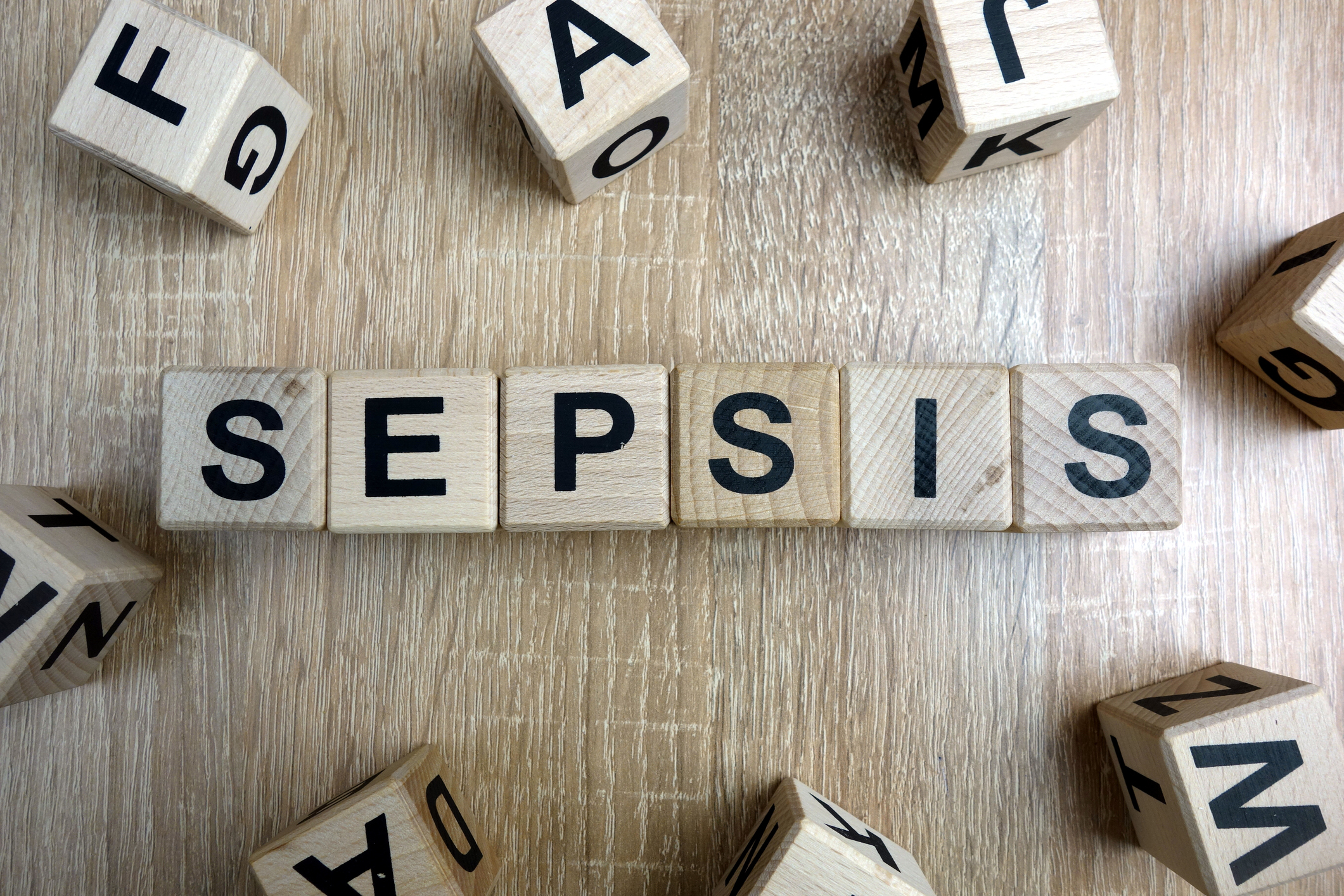South First explains the causes, symptoms, and treatment of Sepsis, a life-threatening condition that Sarath Babu is diagnosed with.

South First brings you an explainer of what sepsis is and how it can lead to multi-organ failure. (iStockPhoto)
Veteran actor Sarath Babu has been hospitalised in Hyderabad due to a sepsis infection leading to multiple organ failure.
This news has shocked his fans and well-wishers as concern about his condition persists.
South First brings you an explainer of what sepsis is and how it can lead to multi-organ failure.
Sepsis is a severe and potentially life-threatening condition that occurs when the body’s response to an infection damages its own tissues and organs.
Explaining this condition, Dr Arvind Canchi, a noted nephrologist and transplant physician at Bengaluru’s Trustwell Hospitals, told South First, “Sepsis is quite a serious illness that happens when an infection spreads throughout the body. This can come from a particular source, which could be an infection in a particular part of the body.”
Canchi, who is also the Chairperson of the Indian Society of Nephrology Social Media Team, added: “For example, if it happens in the lungs, we call it pneumonia. If it happens in the kidneys or the urinary tract, we call it a urinary tract infection. If it happens in the intestines, especially in the large intestine, we call it colitis.”
Post-surgery stay in hospitals can also cause sepsis, he said.
Canchi explained that sepsis could come from gangrene in diabetics as well.
Interestingly, even viral infections like dengue can cause sepsis.
Sepsis occurs when the immune system overreacts to an infection and releases chemicals into the bloodstream that can cause inflammation throughout the body.
This can lead to blood clots, reduced blood flow, and eventually organ failure.
While sepsis can occur in anyone, it is more common in people with weakened immune systems, such as the elderly or those with chronic illnesses.
Canchi said sepsis could be caused by various types of infections, such as pneumonia, urinary tract infections, skin infections, and infections in the abdomen.
The symptoms of sepsis can be vague and similar to those of other illnesses. They can be fever, chills, rapid breathing and heart rate, confusion, and extreme pain or discomfort.
If left untreated, sepsis can quickly progress to septic shock, a life-threatening condition that causes a severe drop in blood pressure and can lead to multiple organ failure.
Early detection and treatment are crucial in improving the chances of survival.
“The problem with sepsis is it needs to be treated very quickly. If it’s not, it can become severe and develop into a situation called septic shock,” explained Canchi.
He said: “Septic shock is actually life-threatening and you can develop problems like high fever and fast breathing (tachypnea), very fast heartbeat (tachycardia), and low blood pressure.”
The doctor continued: “When low blood pressure happens, that can cause decreased perfusion in many organs. In particular, decreased perfusion to the kidneys can cause acute kidney injury or acute kidney failure. Decreased perfusion to the liver can cause liver failure and jaundice.”
He also said: “Decrease in breathing or oxygen can lead to the need for a ventilator and so on and so forth.”
Canchi explained that sepsis was best diagnosed early in the form of tests.
Citing an example, he said if one looked at a chest X-ray to diagnose pneumonia, subsequent tests could be a urine culture to check infection or imaging of the kidneys.
“If sepsis can be diagnosed early, the patient can be administered antibiotics, IV fluids, and medications to improve the blood pressure, called inotropic agents, or pressors such as dopamine and adrenaline, which are routinely used in the ICU to improve or increase the blood pressure. Such a patient can get better,” he explained.
However, If the patient goes into septic shock, it means the blood pressure is now low. The patient is probably not breathing well, and may need the ventilator, and yet may experience multi-organ failure.
Explaining this, Dr Rajeev Jayadevan, former president of the Indian Medical Association, Kochi Chapter, said multi-organ failure was the end result of several disease processes, and sepsis, or overwhelming infection, was one of them.
“The body’s normal functioning depends on the coordinated effort of multiple organs, including the lungs, kidneys, heart, blood, blood vessels, endocrine glands that make hormones, brain, liver and the immune system,” he said.
If the body’s immune system was unable to take care of an infection early or if treatment was delayed, it could sometimes overwhelm the body’s defences, he explained.
“The resulting response from our immune system can be severely damaging to each organ system and is an important cause of multi-organ failure,” said Jayadevan.
Such a situation could also result from the direct effect of the infection.
The end result would be that the tissues in the organs would not get adequate oxygen or nutrients, and would thus be unable to function effectively.
“As they are interdependent, the failure of one organ system frequently leads to the failure of others. The more the number of organ systems that get deranged, the worse the prognosis,” said the doctor.
Doctors say that it is essential to note that the elderly who are bed-bound, the immunocompromised, those who are on immunosuppressive medication, those in hospital for a long time, those who have undergone surgery recently, or those with tubes such as catheters in their body, a tube in the lung, and even premature babies are prone to a sepsis infection.
“There is a possibility of preventing sepsis by taking adequate care to prevent infections,” said Canchi.
“Other than hospitals ensuring cleanliness inside the operation theatres, wards, etc, people prone to sepsis must also take steps like ensuring there is cleanliness, wearing masks in crowded areas, avoiding eating raw food or salads, avoiding water from taps, and drinking boiled and cooled water,” he added.

Jul 26, 2024

Jul 26, 2024

Jul 26, 2024

Jul 26, 2024

Jul 26, 2024

Jul 26, 2024